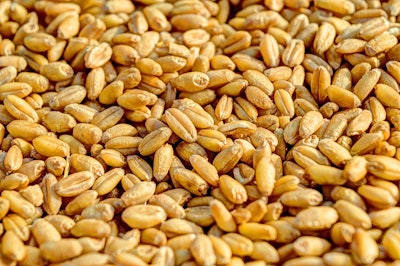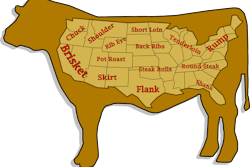
In a bid to promote transparency and competition in the U.S. seed industry, the U.S. Department of Agriculture (USDA) has introduced the Farmer Seed Liaison Initiative. This initiative aims to amplify the voices of farmers, small- and mid-size seed companies, and independent plant breeders in policy and decision-making processes, with the goal of improving competition, choice, and fairness in the seed marketplace.
Website monitoring program
The Agricultural Marketing Service (AMS) announced the launch of a nationwide Website Monitoring Program, focused on Federal Seed Act brand and variety name compliance. Regulatory specialists will conduct thorough reviews of websites advertising Federal Seed Act-regulated seeds, including scanned pamphlets and PDFs. AMS will adopt a risk-based approach to enforcement, considering the impact and reach of violations and the efforts made to ensure compliance. These efforts align with USDA's commitment to enhancing variety transparency for farmers at the point of sale.
In addition to the monitoring program, USDA will intensify outreach efforts, including webinars aimed at educating producers about labeling requirements and encouraging participation in industry meetings. This proactive approach seeks to further enhance transparency and fairness in the seed industry.
Overall USDA transformative initiatives
These initiatives are part of a broader effort by USDA to transform America’s food system, focusing on resilient local and regional food production, fairer markets for all producers, and ensuring access to safe, healthy, and nutritious food in all communities. The USDA is also committed to building new markets and income streams for farmers and producers using climate-smart food and forestry practices, making historic investments in rural America's infrastructure and clean energy capabilities, and promoting equity across the Department by removing systemic barriers and building a more representative workforce.


















